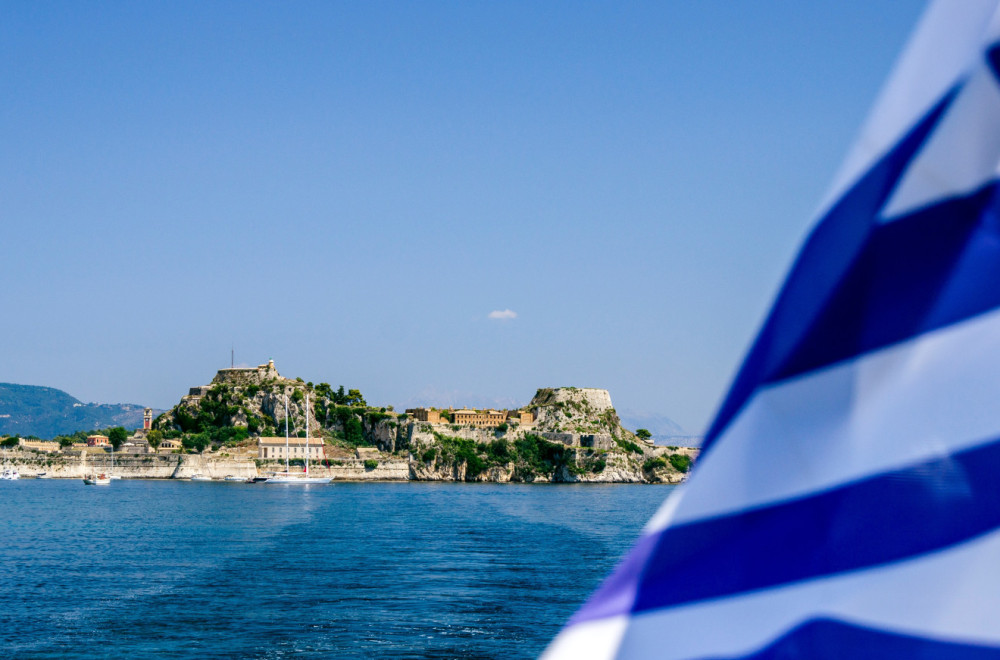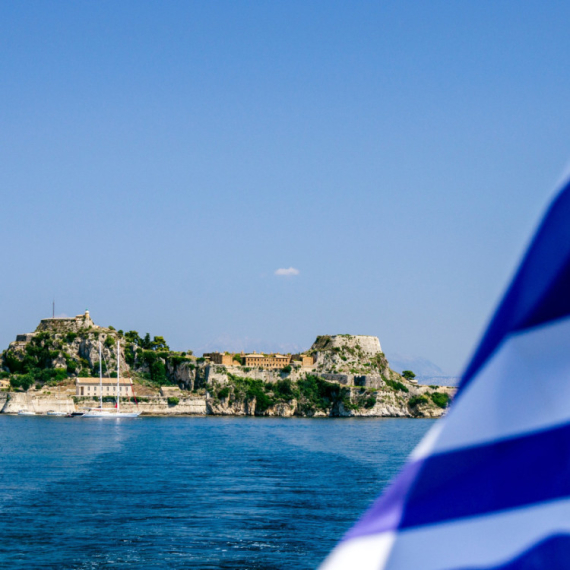Greece has issued an official protest to Turkey over plans to expand territorial waters in the Aegean Sea, accusing Ankara of attempting to take control of areas under Greek jurisdiction. This move could further strain relations between the two NATO allies, who have had longstanding disputes over maritime boundaries, resource rights, and the divided island of Cyprus. Greece claims that Turkey’s plan is not based on international law and will have no legal effect. Turkey, on the other hand, has published its own map of territorial waters, asserting it complies with EU laws and the United Nations Convention on the Law of the Sea. A high-level meeting between Greece and Turkey is expected this year as part of a mechanism to address disagreements.
Political Perspectives:
Left: Left-leaning sources emphasize the historical tensions and the risk of escalating conflict between two NATO allies, highlighting the importance of international law and peaceful resolution. They often criticize aggressive nationalist policies and stress the need for diplomatic dialogue and cooperation within the EU framework.
Center: Center-leaning sources report the facts of the dispute neutrally, focusing on the legal arguments presented by both Greece and Turkey. They highlight the ongoing negotiations and the role of international organizations in mediating the conflict, emphasizing the importance of maintaining NATO unity and regional stability.
Right: Right-leaning sources tend to emphasize national sovereignty and security concerns, often supporting Greece’s stance against perceived Turkish aggression. They may highlight Turkey’s unilateral actions as provocative and stress the need for a strong defense posture. Some may also criticize the EU’s handling of the issue or question the effectiveness of international law in restraining Turkey.





























